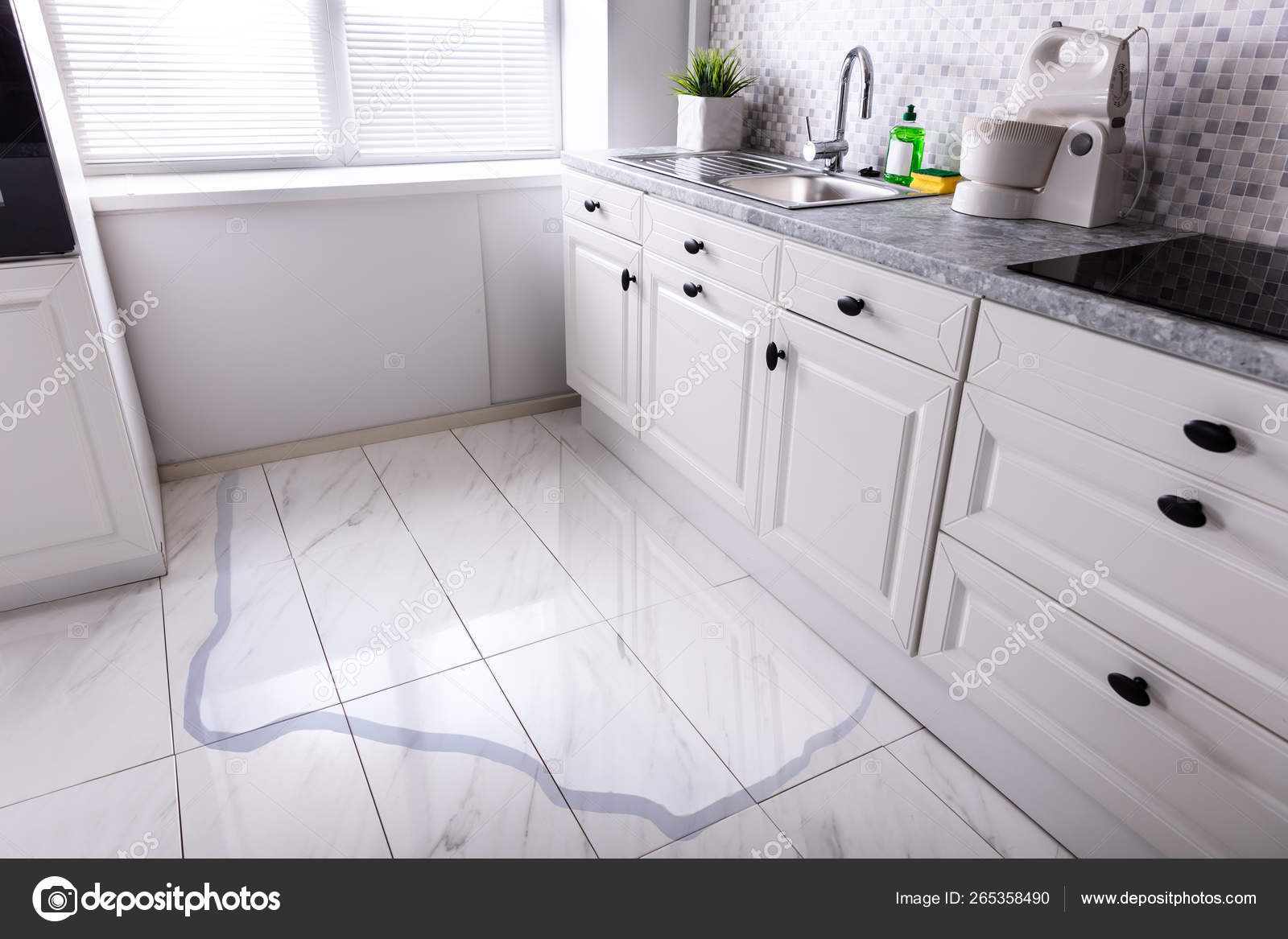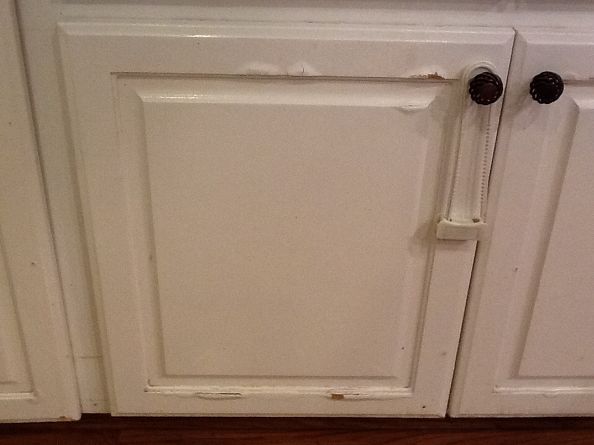We've unearthed the article involving Causes of Water Damage in Kitchen below on the internet and reckoned it made good sense to relate it with you here.

The kitchen is the area where a great deal of water activity goes on. You can hardly do anything without using water in the kitchen, from cooking, cleaning, and doing the dishes.
Hence, checking your kitchen area periodically is a need. This is because it has a higher opportunity of obtaining water damage due to the appliances you use there.
When malfunctioning, these home appliances that manage water could make your kitchen unpleasant and affect the framework of your structure in the long run.
Allow's examine out some causes of the water damage in the kitchen and what you need to look out for.
Some Root Causes Of Water Problems in the Cooking area
These are a few causes of water damage in the cooking area.
Faulty Drainpipe Pipeline
Drain pipes Pipes are required parts of our houses, specifically in our bathroom and kitchens. Nonetheless, they obtain faulty by obtaining blocked, cracked, and also burst. Or worse, they can be wrongly or freely connected; whichever the instance might be, it can be a severe problem.
Damaged drain pipelines can trigger water damage and, therefore, trigger mold and mildew growth and damage the appearance of your wall. It can additionally make the afflicted area look untidy.
It is a good idea always to inspect to ensure that all the pipes are in excellent condition and also get an audio pipes system to preserve and also fix any type of concerns.
Faulty Kitchen Sink
The cooking area sink is a vital as well as the majority of made use of part of the kitchen. Therefore it is prone to water damage; damages such as obstructed pipelines, leaky pipelines, and defective taps.
These problems can be irritating, particularly when one is active in the kitchen area. It doesn't simply take place without giving an indication or an idea. So right here are some indicators to recognize when your sink is not all right
These are the significant problems that can occur to your kitchen area sink. Nevertheless, one method to stop this damage is by guaranteeing that food particles do not get into the pipelines. You are also examining the pipelines as well as taps and ensuring that it is effectively dealt with as well as in good condition.
Leaking Dish washer
Dishwashing machines make life in the kitchen easier. It is an optional cooking area home appliance and, when readily available, can be a resource of water damage. Additionally, like various other makers, it will certainly develop mistakes gradually, even with upkeep.
One of the faults is dripping through the door or under the dishwashing machine. These faults create because of age, splits, wrong usage, loosened links to pipelines, etc.
Mistakes due to age originated from constant use. Consequently, the door leakages because of opening up as well as closing.
Mistakes from the incorrect usage might trigger water damage by presenting cracks to it. It is a good idea to adhere to the manual overview of the dish washer to prevent this specific damages.
The leaks under the dishwashing machine can originate from splits in the gasket, hose pipe, as well as loosened or wrong link to water pipes or drains.
This kind of leak commonly goes undetected and can be there for a very long time. Due to the time structure, it can trigger as well as harm the floor mold growth.
A lot more so, the longer the water remains, you will discover the bending of the flooring where the dish washer is. When inspecting if your dishwasher leaks, this is a good indication to look out for. Finding as well as repairing this in a timely manner stops significant water damage to your floor covering.
Profits
Keeping an eye out for problems in your cooking area can be entrusting yet essential. It makes your job there less complicated and also more secure.
Nonetheless, the reasons provided above are just a few aspects to think about, particularly if your kitchen has a lot of appliances.
So get a professional plumbing solution ahead around and also look for any type of damage and obtain them dealt with.
It makes your kitchen area damp as well as untidy, particularly when dripping from the pipelines. And also if it is leaking from the faucet, it leads to water wastefulness.
It is an optional cooking area home appliance and, when readily available, can be a source of water damage. More so, the longer the water remains, you will notice the bending of the flooring where the dishwasher is. Spotting and also fixing this on time stops major water damage to your flooring.
Water Damage In Your Kitchen
Your kitchen is the heart of your home: so much time is spent there cooking, eating and enjoying the company of family and friends -- or maybe just some quiet time alone late at night or early in the morning! The fact that our kitchens are so essential to our homes is balanced by an ugly truth: because they hold a variety of pipes, water lines and appliances that use water, they’re also the places where so many leaks and spills can happen, sometimes causing unsightly and even unhealthy water damage. Do you have water damage in your kitchen? Let us show you how to do a thorough inspection and the signs to look for, as well as some proactive steps you can take to minimize the risk of water damage happening in your kitchen in the future.
The Sink.
Obviously this is the place where the most water is probably used in your kitchen, so it can create the biggest risk for water damage. Having a properly installed backsplash is one of the easiest ways to minimize water damage issues, and when you do your daily and weekly wipe-downs, you can do a quick visual inspection of any areas where water collects when you run the faucet to do the dishes and prepare food. This routine, basic maintenance to dry your sink, counter and backsplash will go a long way to keeping water damage away from your kitchen. The more difficult area to monitor is the cabinet space below your sink: how often do you really look under there behind all those cleaning supplies, towels and other random items? It’s so easy to overlook this area, but if you miss a leak under the sink, serious water damage can result. Your garbage disposal can cause issues if the drain seal between the sink and the disposal itself deteriorates, or if the disposal’s drain hose comes loose. Your water supply lines to the faucet, and possibly your dishwasher, are also located under the sink -- so a weekly check with your eyes and your hands to look and feel for any dampness or leaks can be a real lifesaver for your kitchen, and your bank account! If you find any wet spots, take the time to clean them up and locate the source of the leak. Fixing the issue might be as simple as tightening a loose connection on a fitting. But if you’re not sure where the leak is coming from, it might be from behind or below the cabinet, and that’s when it’s time to call a professional service provider like AdvantaClean to help you assess the damage.
The Fridge.
Your refrigerator and freezer also have a potential for moisture damage issues due to the water lines that provide the ice maker and any dispensers with the water they need. A periodic inspection behind your fridge while you’re cleaning can be a great way to verify that the water lines aren’t leaking. A more easily identifiable issue on an everyday basis will be the area below your water and ice dispensers -- placing a mat there to catch any stray drops or ice cubes is a great way to keep water damage from developing. But be careful here too! If you let a wet mat stay on the floor for too long, water can still seep into your floors and cause damage anyway. So every so often, such as when you’re cleaning your kitchen, make sure you’re picking up the mat to let the area dry out. This will save you the long-term hassle of fixing preventable water damage.
The Dishwasher.
This wonderful piece of modern technology can be your best friend -- right up until it leaks and becomes your worst enemy. The problem with the dishwasher is that a leak can be hidden from view because of how it’s installed under your counter. So the best way to prevent a leak is to have your dishwasher professionally installed by an insured service provider from the get-go so that any problems that arise later will be covered under warranty. But after installation, keep an eye on the floors and toe-kicks around the unit. If you notice any warping of the floor, wet spots, or even an unusual softness to the step when you walk around it, that might be an indication of a leak. Be careful if you decide to pull the dishwasher out to do a deeper inspection, because you don’t want to cause a bigger issue. If you’re positive there’s a leak and you aren’t able to locate or reach an intermediate shutoff valve, you can always turn off the main water supply valve to your home to give you time to figure out how to handle the situation.
https://www.advantaclean.com/blog/2019/february/water-damage-in-your-kitchen/

We were shown that article on How To Prevent Water Damage To Your Kitchen through an acquaintance on a different web page. Liked our write up? Please share it. Let others check it out. I value reading our article about How To Prevent Water Damage To Your Kitchen.
Free Quote